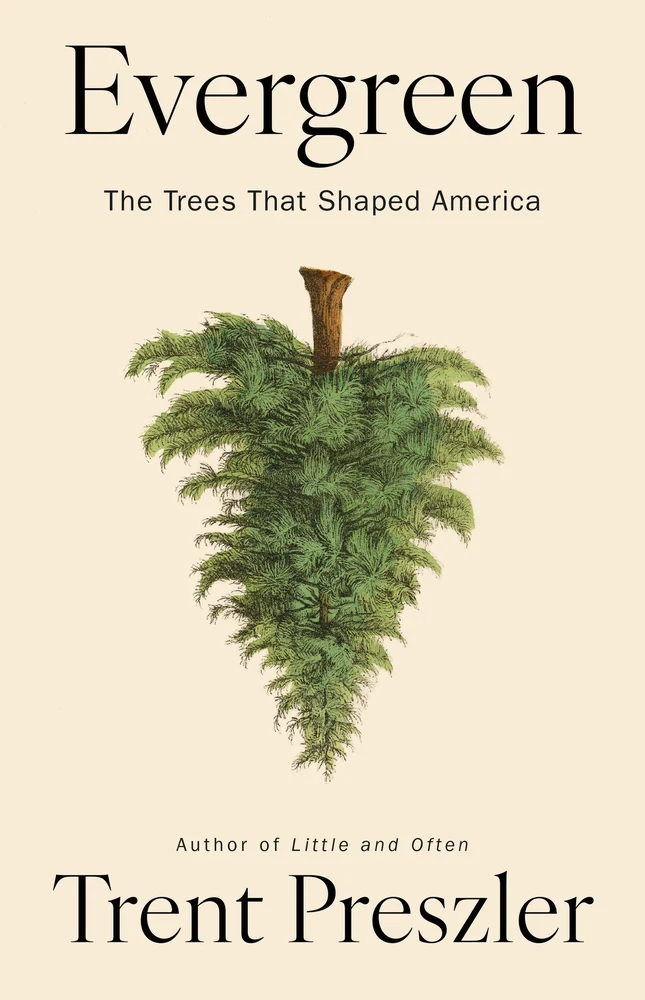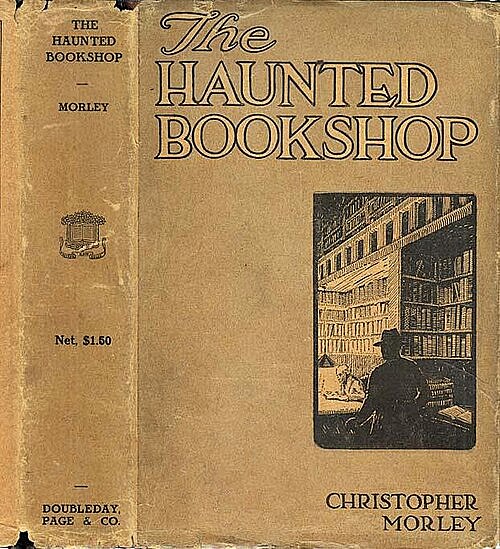Judge Issues Permanent Injunction Against Much of Texas's READER Act
 Federal district court judge Alan D. Albright has issued a permanent injunction against sections of Texas's READER Act (HB 900) that affect booksellers, particularly provisions that would require sellers of library materials to school districts to assign "sexual content" ratings to books to be sold or still in active use, as well as have the state of Texas publicly list sellers' ratings and force them to change the ratings if the state disagreed--and potentially forbid some vendors from selling materials to school districts.
Federal district court judge Alan D. Albright has issued a permanent injunction against sections of Texas's READER Act (HB 900) that affect booksellers, particularly provisions that would require sellers of library materials to school districts to assign "sexual content" ratings to books to be sold or still in active use, as well as have the state of Texas publicly list sellers' ratings and force them to change the ratings if the state disagreed--and potentially forbid some vendors from selling materials to school districts.
As the Association of American Publishers noted, the law "would have required independent bookstores, national chain bookstores, large online book retailers, book publishers and other vendors to review and rate millions of books and other library materials according to sexual content if those books are sold to public school libraries, and to do so according to vague labels dictated by the state without any process for judicial review."
The judge had issued a preliminary injunction in 2023 that was upheld by an appellate court. The state can appeal the permanent injunction.
Judge Albright determined that the READER Act unconstitutionally compels speech, forcing library material vendors to assign ratings they may not want to assign without a mechanism for appeal. He found that irreparable harm to the plaintiffs would occur without a permanent injunction.
The suit was brought in 2023 by two Texas bookstores--BookPeople in Austin and Blue Willow Bookshop in Houston--the American Booksellers Association, the Association of American Publishers, the Authors Guild, and the Comic Book Legal Defense Fund.
ABA CEO Allison Hill said, "ABA applauds Judge Albright's decision in BookPeople v. Morath and his reaffirmation of the First Amendment rights of booksellers. Judge Albright's ruling against the READER Act is good news for Texas readers, schools, and bookstores."
The plaintiffs also issued a joint statement: "Today's decision affirms the constitutional rights of authors, booksellers, publishers, and readers, and protects bookstores from the imposition of an unreasonable law that would have threatened their viability, making it a huge win for Texas businesses. We thank Judge Albright for a critically important ruling that is clear, concise, and extremely well-reasoned."
As Bookselling This Week observed, the judge did not, however, address "plaintiffs' request to consider the constitutional implications of the READER Act's definitions, which have since been echoed in library legislation in Texas (HB 183). Finding that the compelled speech argument prevails on its own, the District Court declined to address arguments that the Act 'facially violates the First Amendment,' is 'substantially overbroad,' and 'unconstitutionally delegates government authority to regulate speech to private entities.' "











 Barnes & Noble is opening a new bookstore in Palm Harbor, Fla., in the Highland Lakes Plaza at 33591 US Highway 19 N., on Wednesday, October 29. The 20,000-square-foot store includes a B&N Café. The official opening will feature author Sarah Penner cutting the ribbon and signing copies of her books.
Barnes & Noble is opening a new bookstore in Palm Harbor, Fla., in the Highland Lakes Plaza at 33591 US Highway 19 N., on Wednesday, October 29. The 20,000-square-foot store includes a B&N Café. The official opening will feature author Sarah Penner cutting the ribbon and signing copies of her books. HarperCollins Publishers hosted a groundbreaking ceremony for its 1.6 million-sq-ft.
HarperCollins Publishers hosted a groundbreaking ceremony for its 1.6 million-sq-ft.  "Hey readers--the chill in the air means reading books, a comfy chair, and a warm drink. Come find the
"Hey readers--the chill in the air means reading books, a comfy chair, and a warm drink. Come find the  Trent Preszler (
Trent Preszler (
 What do you get when you cross Morley's novels The Haunted Bookshop with Parnassus on Wheels? I thought of this when I learned about
What do you get when you cross Morley's novels The Haunted Bookshop with Parnassus on Wheels? I thought of this when I learned about  I've long been haunted by Morley and his fictional bookshops. In The Haunted Bookshop ("haunted by the ghosts of great literature," as he describes it), we are informed that in Brooklyn, "that borough of superb sunsets and magnificent vistas of husband-propelled baby-carriages," there is "a very remarkable bookshop" doing business under the unusual name of Parnassus at Home. It "is housed in one of the comfortable old brown-stone dwellings which have been the joy of several generations of plumbers and cockroaches. The owner of the business has been at pains to remodel the house to make it a more suitable shrine for his trade, which deals entirely in second-hand volumes. There is no second-hand bookshop in the world more worthy of respect."
I've long been haunted by Morley and his fictional bookshops. In The Haunted Bookshop ("haunted by the ghosts of great literature," as he describes it), we are informed that in Brooklyn, "that borough of superb sunsets and magnificent vistas of husband-propelled baby-carriages," there is "a very remarkable bookshop" doing business under the unusual name of Parnassus at Home. It "is housed in one of the comfortable old brown-stone dwellings which have been the joy of several generations of plumbers and cockroaches. The owner of the business has been at pains to remodel the house to make it a more suitable shrine for his trade, which deals entirely in second-hand volumes. There is no second-hand bookshop in the world more worthy of respect."